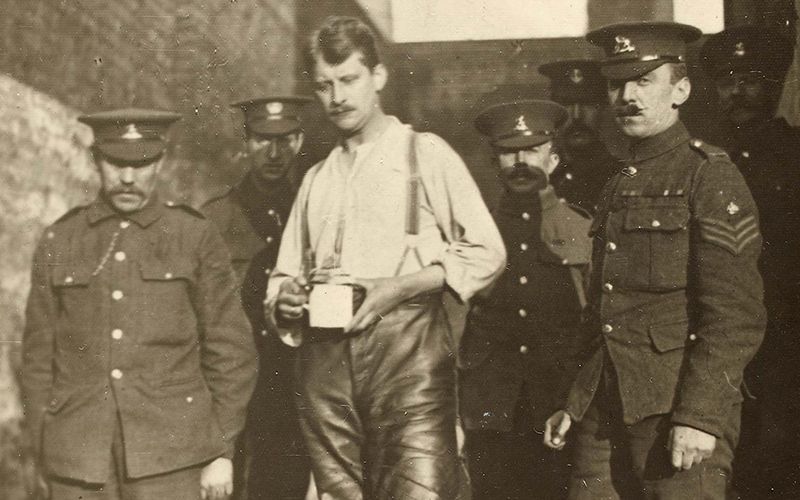Irish politicians have watched with interest the tide of chaotic populism that has risen up in the United States, the U.K., France and elsewhere and it appears some of them want a piece of that resurgent right-wing action.
Our latest entry to this “blame others for our own intractable problems” party is Irish Minister for Social Protection (and potential Taoiseach in waiting) Leo Varadkar, who last week unveiled a campaign to encourage the public to inform on social welfare cheats, potentially saving $15.3 million (€14 million) a year in fraudulent overpayments.
Speaking to the press in Dublin, Varadkar said that last year his Department dealt with 20,800 allegations of alleged social welfare fraud.
“These are investigated and where warranted, payments are reduced or stopped and, in some cases, claimants are prosecuted,” he said. “Overall, a range of anti-fraud and control measures in the Department of Social Protection saved taxpayers over 500 million Euros last year.”
By any yardstick, that would seem to be an effective campaign, so why the need for the blood red billboards and appeals to citizen informants?
Could it be because the Department of Social Protection has the biggest budget of any Government Department, spending $20.7 billion (€19 billion) every year? Or could it be to garner Varadkar some media attention for a forthcoming party leadership race?
Some critics suggest that by focusing on social welfare as a system open to exploitation, thereby casting a cloud of suspicion over all welfare claimants, Varadkar is intentionally stigmatizing a whole section of society to gain traction with middle-class voters.
Eoin O Broin, the Sinn Fein member for Dublin Mid-West, certainly thinks so. Last week O Broin told the press that Varadkar’s fraud numbers were grossly inflated, since the actual amount recouped by fraud investigators last year was far lower than the $545 million (€500 million) Varadkar had claimed, at just $45 million (€41 million).
But Varadkar countered that Sinn Fein’s opposition to the anti-fraud campaign was typical.
“It’s central to that party’s strategy to convince their political base that they should get everything for free, and that it should all be paid for by someone else through general taxation. We all know what that means. General taxation is the far-left’s code for higher taxes on the middle class.”
Varadkar seems to be under the impression that the Irish working class pay no taxes on goods, transport and services, or even live in the same country, or perhaps he thinks they enjoy eye-popping tax breaks commensurate with our massive multinationals, who already enjoy one of the lowest tax rates in the developed world (and for which the government has plans to lower it still further).
Certainly the contrast between a dramatic billboard campaign calling for the prosecution of welfare cheats and the altogether more restrained approach taken with regards to the senior financiers who almost wrecked the Irish economy was noted by many.
Meanwhile, other senior Irish political figures are taking similar astonishing gambles this week with no apparent political payoff in sight. Irish Health Minister Simon Harris opened another needless political Pandora’s box with such a carefree ease that even his most ardent supporters were astounded.
The news that the Sisters of Charity (a religious order who have failed to meet their own financial commitment to a redress scheme for institutional abuse victims) will be given sole ownership of the planned $327 million (€300 million) state-funded National Maternity Hospital exploded like a bomb across Irish social media this week.
A petition against the plan had 97,730 signatures by Friday, and calls were being made for the minister to rescind the offer. What has happened to our senior political leaders' political instincts, some wonder?
Meanwhile, the Citizens Assembly voted to change Ireland’s abortion laws last weekend, crossing a Rubicon that would have seemed inconceivable even a decade ago. That means the message to our politicians is that right-wing populism doesn’t have the traction in Ireland that it does abroad, or that it did in the past, and that the traditional church-state axis of power has altered, irrevocably.
It seems to be taking our senior ministers an inordinately long time to realize just how much the ground has actually shifted and to catch up with their own constituents, however. It does not bode well for their ambitions to see how far behind the curve they’ve fallen.




Comments